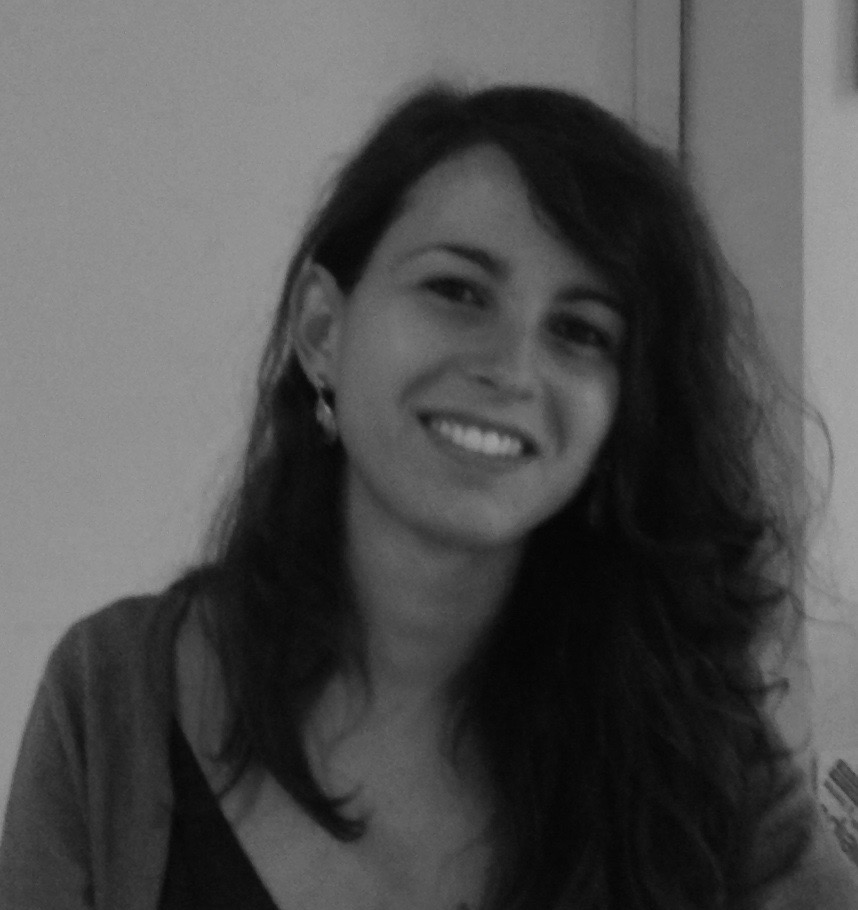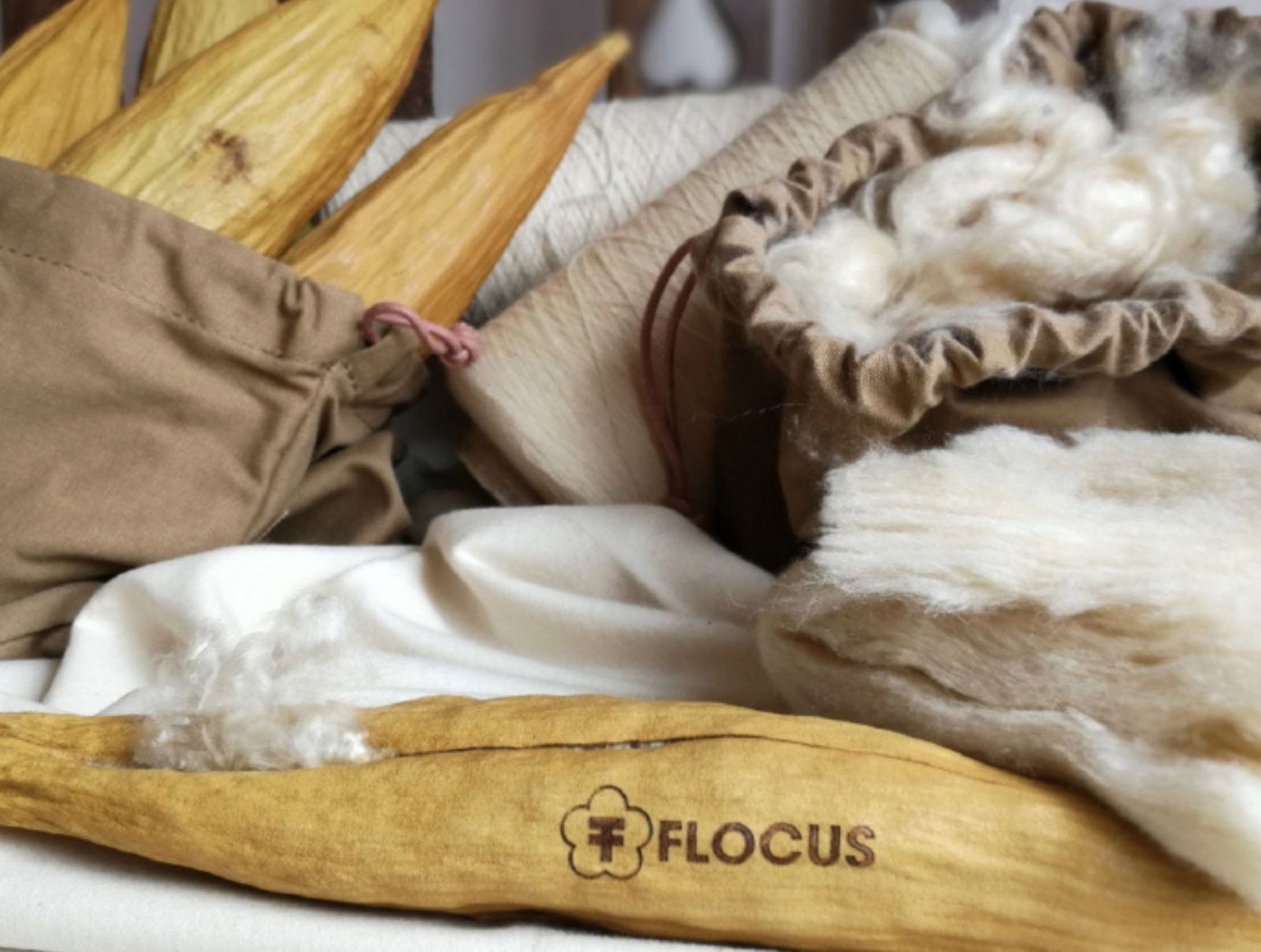Flocus is a company specializing in the production and development of sustainable and eco-friendly materials based on kapok, a natural fiber from the seed pods of the kapok tree (Ceiba pentandra) growing in tropical countries from South-East Asia to Central America.
What is kapok and what are its properties
In the textile industry, Flocus holds a patent on the processing of kapok, a plant notable for its lightness, buoyancy, resistance to moisture, and softness to the touch, creating a yarn that’s also useful for stuffing and other non-woven fabric applications. Kapok is not suitable for human or animal consumption and is traditionally used by Asian local populations to stuff pillows and mattresses.
“The kapok fiber is made up of a series of hollow tunnels, creating a honeycomb structure. This structure allows the fiber to trap air inside, creating an insulating layer that prevents heat from passing through,” says Sara Cicognani, co-founder of the Dutch company.
She adds: “Heat spreads very slowly through the fiber, minimizing heat loss and maintaining a constant temperature within the insulated environment. It is also resistant to humidity and does not easily absorb water, avoiding the formation of mold or the loss of thermal efficiency." For all these properties, kapok fiber is an excellent substitute for synthetic or animal materials such as goose down.
How Flocus works
Flocus is innovating the sourcing and processing of the fibers of kapok, whose supply chain involves very intense manual work and is difficult to scale up, as the traditional fiber is hand-worked and laid on the ground. Flocus has created the first fully automated kapok factory and implemented advanced processing methods to improve the quality and consistency of kapok fibers, while also developing techniques to purge them from impurities.
This improved processing also increases the fiber’s versatility for different applications. In addition to the mechanization of kapok, Flocus was the first to introduce safe harvesting by organizing courses and new harvesting practices and equipment to guarantee the safety and technical preparation of the harvesters who traditionally climbed the trees without any protection or training.
Kapok tree
KRAF’s regenerative agriculture
Alongside Flocus, KRAF (Kapok Regenerative Agriculture Foundation) was also founded, a non-profit organization that aims to promote and implement regenerative agriculture practices. One of KRAF's main goals is to provide support and resources to farmers. This includes the offer of training programs, and workshops to help farmers understand the principles and techniques that implement the trees following agroforestry principles.
KRAF’s funding comes from donations by FLOCUS and some of its customers. When it’s time to harvest the kapok pods, the two companies guarantee an annual income to farmers who have agreed to plant kapok sustainably.
Images: Flocus
Website:
Name:
Flocus
Domain:
New textile materials
Plus:
Creating a responsible supply chain for kapok
Features:
Development of automated, sustainable, and regenerative textile options based on the kapok fiber
Questo articolo è disponibile anche in italiano / This article is also available in Italian
Image: Flocus



